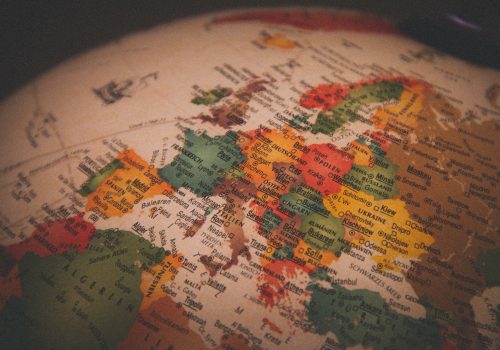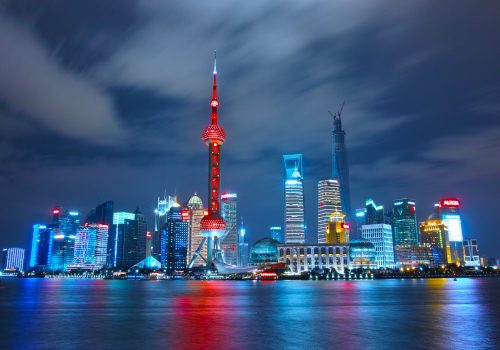Europe’s hurdles
There was little disagreement over the fact that the systematic collection of data is more difficult for private companies in the West than for China’s tech giants. For that reason, economists and technologists worried about Europe’s ability to reconcile privacy restrictions with a thriving tech economy. The logic is simple: In order to keep up, companies must be able to train AI systems with accessible data, which is why the EU has become more attuned to the need to facilitate data flows, as exemplified by its recent free trade and investment treaty with Japan.
At the Berlin roundtable, which included more private sector representation, there was even greater concern that Europe is falling behind in the global AI race. For German entrepreneurs in Europe’s leading economy, the lack of essential EU funding, nonexistent unity among member states, and a difficult environment for the collection and application of data are all indications that Europe is not living up to its full potential. Examining proficiency in emerging technologies from a foreign policy perspective has, unlike in the United States, never had strong traction in Europe, and it is only slowly starting to change. But many agreed that the EU risks becoming even more dependent on external players if it does not develop a stronger policy stance on emerging technologies altogether.
Divisions among EU member states, however, make this a very difficult endeavor, with regards to both a coordinated tech and China policy. It is no surprise that southern and eastern EU member states want to be more accommodating to the PRC, given the fact that their economies have benefitted greatly from Chinese investments, adding to their recovery from the 2008 financial crisis. Alongside the geographical splits, there’s an ideological one, too. While some believe that Europe should look at China through more cooperative lenses, understanding the relationship as a healthy competition; others were more critical and urged caution, highlighting the importance of infusing algorithms with democratic and liberal norms.
The full text of this report is split across a collection of articles to give readers the opportunity to browse in any order. To return to the main page click here.

The GeoTech Center champions positive paths forward that societies can pursue to ensure new technologies and data empower people, prosperity, and peace.






